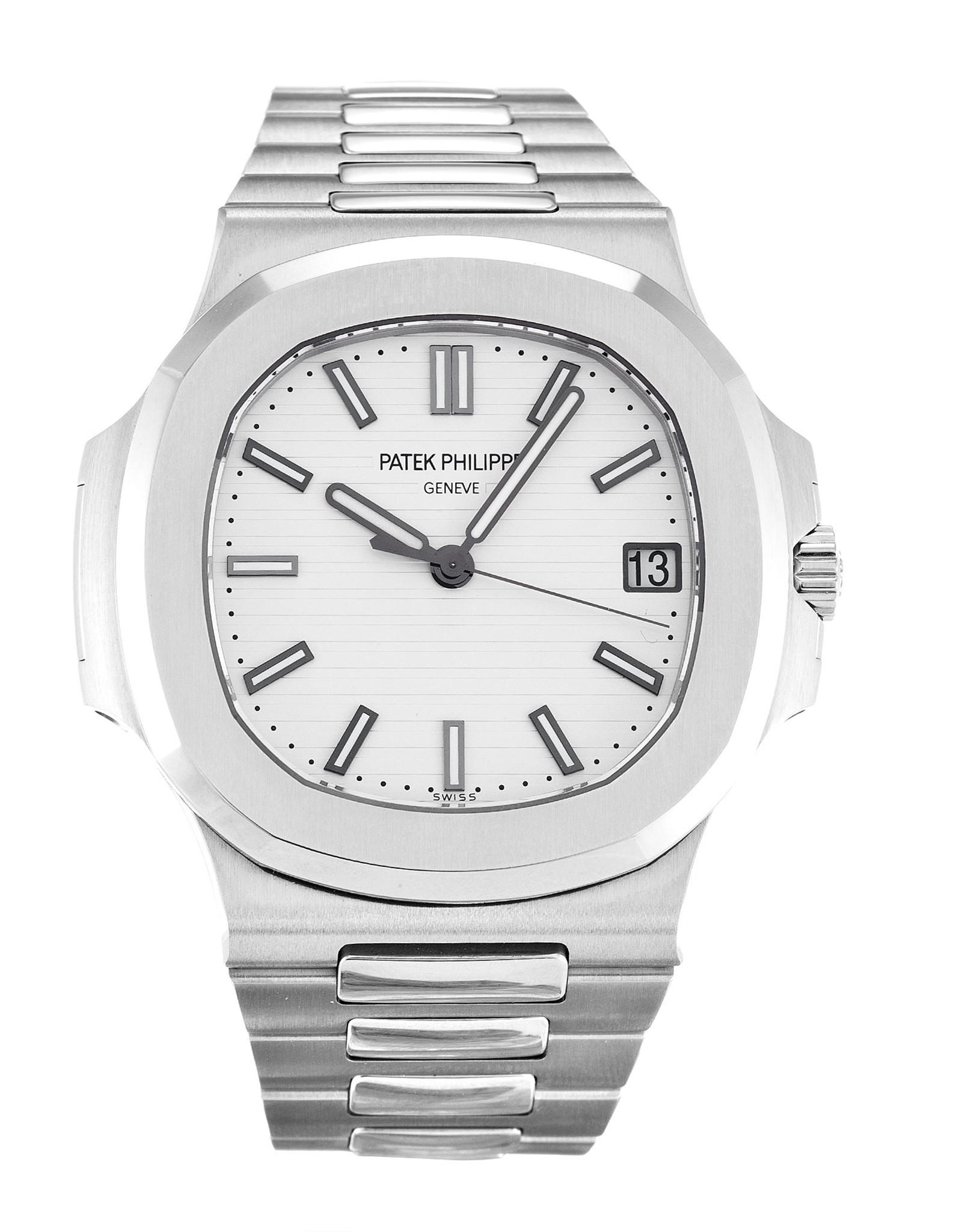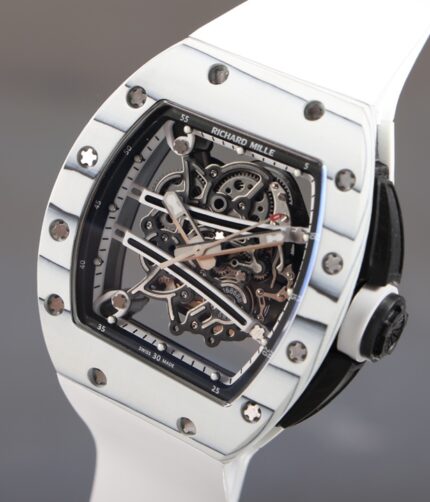Luxury timepieces have always been a symbol of status and sophistication, none more so than Swiss Patek Philippe watches. With their unparalleled craftsmanship and enduring allure, these timepieces have captured the hearts of watch enthusiasts worldwide. However, the allure of owning a Patek Philippe watch at a fraction of the cost has led to the rise of replica watches, sparking a heated debate on the ethics and legality surrounding their ownership.

Origins and Legacy of Patek Philippe Watches
Founded in 1839, Patek Philippe has a long-standing legacy of producing some of the most coveted timepieces in the horology world. Each watch is a masterpiece of precision and artistry, reflecting centuries of watchmaking expertise. The brand’s commitment to excellence and innovation has cemented its reputation as a leader in the luxury watch market.
Ethics of Replica Watches: A Moral Dilemma
Owning a Patek Philippe replica watch raises ethical questions about authenticity and originality. While some argue that purchasing a fake watches is a form of homage to the brand, others view it as a blatant infringement of intellectual property rights. The moral dilemma lies in the decision to support counterfeit products that undermine the reputation of genuine luxury brands.

Legal Perspectives: Counterfeiting and Intellectual Property
From a legal standpoint, the production and sale of replica watches constitute counterfeiting, a criminal offense punishable by law. Intellectual property rights protect the designs and trademarks of luxury brands like Patek Philippe, making it illegal to replicate their products without authorization. Buyers of replica watches also risk liability for engaging in the trade of counterfeit goods.
The Grey Market: Implications for Buyers and Sellers
The grey market for replica watches complicates the issue further, blurring the lines between legality and morality. Sellers of replica watches often operate in a legal grey area, skirting intellectual property laws to profit from the demand for luxury timepieces at a fraction of the retail price. Buyers, unaware of the legal implications, may unknowingly support this illicit trade.
Authenticity Verification: Unraveling the Complexity
Distinguishing between a genuine Patek Philippe watch and a replica requires a trained eye and careful inspection. The intricacies of watchmaking, such as movement, materials, and finishing, can reveal telltale signs of authenticity. However, counterfeiters are becoming increasingly sophisticated in replicating these details, making it challenging for even seasoned collectors to discern real from fake.

Collector’s Conundrum: Balancing Passion and Integrity
For watch collectors, the allure of adding a Patek Philippe watch to their collection is undeniable. However, the decision to purchase a replica involves a delicate balance between passion for horology and ethical integrity. Collectors must weigh the thrill of owning a coveted timepiece against the repercussions of supporting counterfeit practices that harm the watch industry.
Future Outlook: Trends and Enforcement in the Watch Industry
As technology advances and counterfeiters become more adept at producing convincing replicas, the watch industry faces ongoing challenges in combating counterfeit products. Brands like swiss patek philippe replica are ramping up efforts to educate consumers on the risks of buying replicas and enforcing intellectual property rights to protect their creations. The future holds promise for innovative solutions to safeguard the integrity of luxury timepieces.
In conclusion, navigating the ethics and legality of owning Swiss Patek Philippe replica watches requires careful consideration of the moral, legal, and practical implications involved. While the allure of owning a piece of horological history is tempting, buyers must educate themselves on the risks of purchasing counterfeit goods and support the preservation of integrity in the watch industry. Ultimately, the choice to own a Patek Philippe watch, whether genuine or replica, rests on a foundation of informed decision-making and ethical consciousness.

















